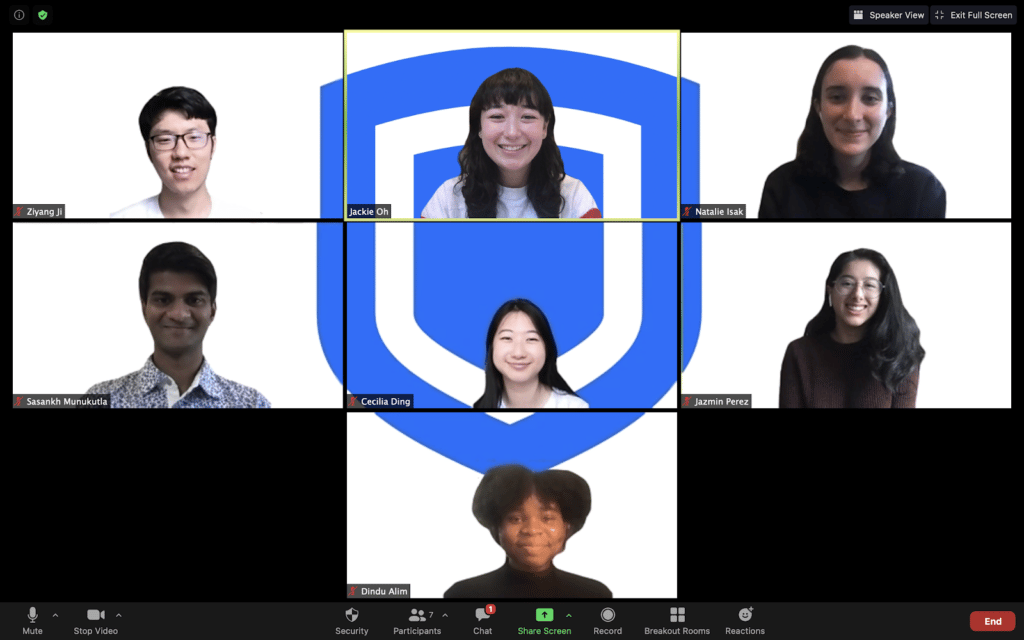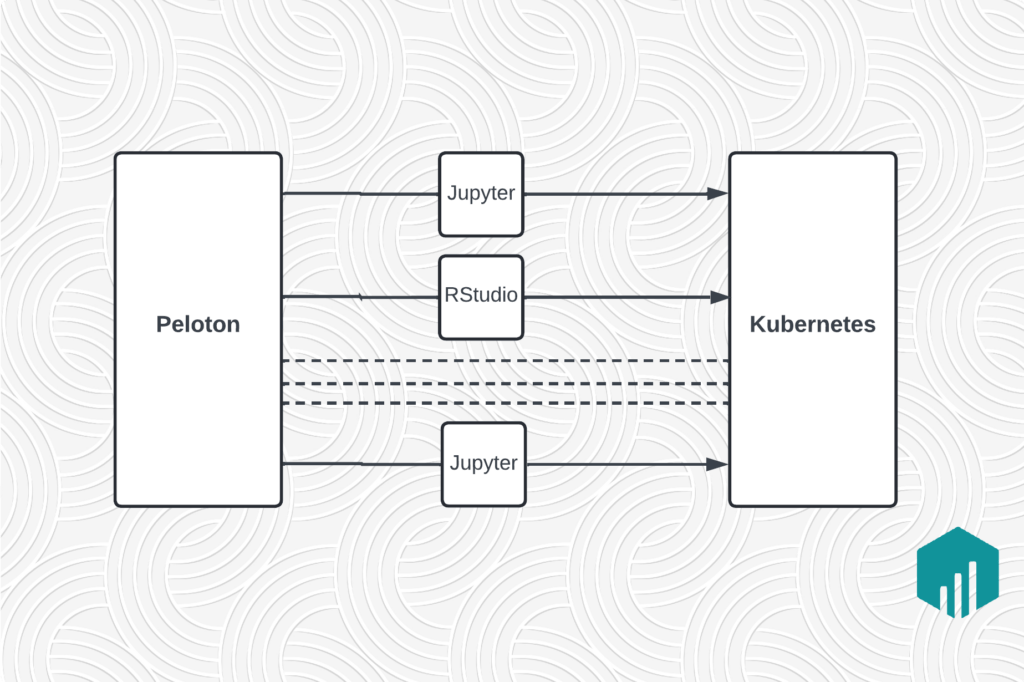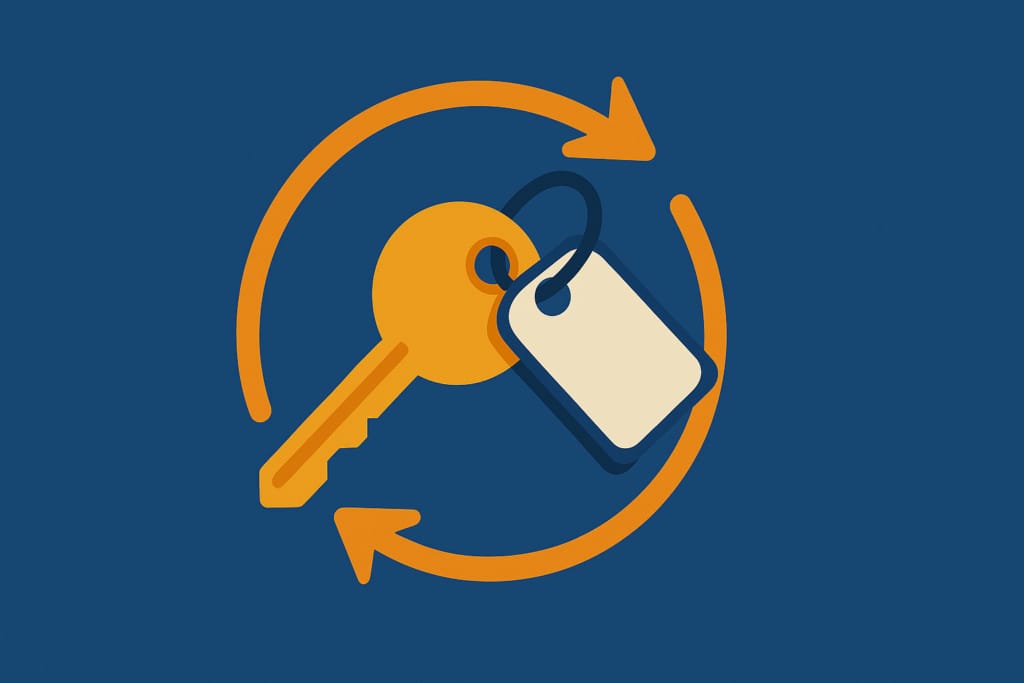
Have you ever wanted to visit Sofia, Bulgaria, the Land of Roses, take a boat tour on the 165 canals of Amsterdam, or go for a walk in the old towns of Aarhus, Den Gamle By, or Vilnius, Senamiestis? Curious about what it’s like to work at one of the world’s fastest growing technology companies?
If the answer is “yes” to both of these questions, an internship with one of Uber’s four European offices may be right for you!
Uber’s Tech Internship Program gives university students a chance to put their studies to practical use in an industry setting. Working under the guidance of a mentor, interns at Uber are embedded within a team and treated as part of the Uber family. They are assigned to different projects with a scope that fits the duration of their internship, usually three to six months. At the end of the internship, interns have the opportunity to present their project and findings to the broader engineering team.
In 2018, Uber hosted a total of 22 tech interns from 19 different universities in our office locations throughout Europe. Interns worked on a variety of projects relating to our Payments Platform, Mobile Platform, Tax and Compliance Engineering architecture, and UX Research. Alongside their work, interns also participated in fun company-bonding events and activities such as wakeboarding, barbecues, and boat trips.
We spoke with a few of last year’s class of interns to learn more about their academic backgrounds, internship projects, and overall experiences at Uber:
Georgi Stefanov, Tax Calculation Team, Sofia
I was inclined towards mathematics when I was in high school, and once I understood the implications of logic, I fell for the subject. It was only when I started university that I began studying computer science. While here were some things about the field I had to get used to at first, for the most part, the transition from math to software engineering was pretty smooth. Starting computer science was one of the best choices I made in my young adulthood. Even though I’m no longer a computer science newbie, I love that software development can really seem magical–the speed, the complexity, and the instant feedback.
What is the most challenging thing about your internship project?
It is kind of ironic, but the most challenging aspects weren’t technical but more psychological. I’m still new to the industry, and a lot of things are unfamiliar, which sometimes can make a person worried that they’re unfit for the position–the infamous Imposter Syndrome. Luckily, my colleagues at Uber showed me that they believe in me, and that there was nothing to worry about! So, to readers who are just getting started with their engineering journeys: don’t worry, believe in yourselves!
On a more specific note, it was definitely challenging to face an enormous influx of new concepts, technologies, terms, and practices at the onset of my internship. The key thing to remember for me was to always take bite-size chunks of a new project, and not to worry about low-level details when not necessary.
What have you learned about working in industry from your time at Uber?
When I first applied for my Uber internship, I thought to myself, I can’t wait to see what kind of technical problems they are solving and try my hand at them! Little did I know, and I guess I should’ve expected it, but the working world is not as clear-cut as academia. Not only must you be able to solve technical problems (just as in academia), but you are also faced with many constraints, some of which are unknown to you. You have to know which questions to ask before you can know which answers to give.
Soft skills here become exponentially more important; managerial and leadership qualities will make you stand out. You have to learn to prioritize, make compromises, and balance your workload. Unfortunately, this does make being a professional engineer a lot more difficult to navigate and a lot less yielding at first, but on the other hand, you are solving real-world problems, designing systems that have an impact either directly or indirectly on users, and managing limited resources. Since I love a good challenge, I’m willing to make that trade-off.
Where do you see yourself in the future?
My journey has only just begun! I plan on continuing down the computer science route for a long time, as I find it invigorating to build software systems to solve technical problems at scale and with global impact. I’m just as interested in further growing my strategic skills, too. I want to explore every side of a business, from the logistics of a project to managing resources and delivering on time and per requirements. Those soft skills have the wonderful benefit of being translatable, and not just in technology, but in other industries as well.
Gabriela Georgieva, Tax and Compliance Team, Sofia
I’ve been following the development of Uber’s engineering office in Sofia for quite a while now. Uber is a really interesting company and I was delighted to find out about the internship opportunity when I decided to come back to Sofia after graduation from the University of Glasgow. Some companies in Bulgaria have a very brief interviewing process due to the demand of the Bulgarian job market right now, but coming from the United Kingdom, I was expecting it to be a bit longer and more complicated.
Since I look at every interview as a challenge, I wasn’t surprised to find out that interviewing at Uber was very thorough but rewarding. I know that the whole process is designed to really test my skills and abilities to identify where I would fit on their engineering team. At the same time, however, during the whole process I felt like I was given the chance to test Uber as well, because the structure of the interviews allowed me to ask all of my questions and get to know a lot of people from the team. It gave me a chance to evaluate whether or not I felt like I would enjoy working there. And fortunately, we made a good match!
What drives you?
Unlike the majority of my classmates at university, I discovered my passion for software engineering quite late. In my high school years it had not even occurred to me that I can do computer science for a career. Then, after starting my bachelors in economics and business management, I accidentally found myself in a ‘programming for beginners’ course, as a lot of the new acquaintances I had made told me how fun it was. I immediately fell in love with this completely new subject. However, I soon realized I had a lot of catching up to do in order to gain confidence around my classmates and to persuade the university’s School of Computing Science to accept my major transfer request.
Given my relative newness to software engineering, learning new skills every day and exchanging knowledge with my peers became my first priority. I now realize that having been behind, in a sense, gave me the motivation to work to the best of my potential to achieve my First Class Honors Degree. Our field is changing rapidly, and this is what keeps me interested. Moreover, this constant learning allows me to make a valuable impact on the projects and teams I work with. Now, several months into my internship with Uber, I feel even more driven and inspired by the fact that I contribute to the work of so many talented engineers.
What’s the biggest difference between studying computer science in university and interning as an engineer?
The biggest difference between school and my internship at Uber is the experience of applying knowledge that, in the classroom, is purely theoretical. My university courses covered tons of different topics in computer science. This gave me the breadth of knowledge I needed to guide me in exploring my interests and making an informed decision about what exactly I wanted to do after I graduate. It also gave me a good perspective about how wide the field of computer science is, how far technological innovation goes, and how it shapes our world.
Although computer science as a field of study has a very practical focus, a lot of things I studied remained theoretical and thus, quite abstract, especially topics like distributed systems and scalability. It was not until I started working at Uber that I saw what these are all about in a more practical setting. The workplace, therefore, was a very sensible and natural transition from gaining knowledge to applying it in practice. Learning at work is usually much faster because you can immediately test out what you have read and see it to fruition. This is why, in many ways, I felt like I learned a lot more during a month in the industry than in a semester at university–after having obtained ground knowledge from my computer science courses, of course.
How would you describe the culture in the Sofia office?
The atmosphere in the Sofia office is very collaborative, relaxed, and cozy. It is an interesting time for us as we are growing so quickly. However, this has not caused any disruption at all. Everyone is welcoming, and we all enjoy spending time getting to know each other, particularly given our rapid growth and the frequent additions of new team members.
We had frequent team building activities, including team dinners, happy hours, going to the theater or cinema, playing sports, and the occasional runs and hikes. This is why a lot of people are friends outside the office, too, which results in a more united team spirit and an overall friendly atmosphere.
Something that immediately caught my attention about Uber Sofia was the special attention teams paid to their interns. We all get a lot of help with our weekly tasks so that we learned the best practices in the industry and improved our skills. Team members provided guidance as to the functions of the whole office, such as the different services we use. They also gave career advice and mentorship. During my internship, I can confidently say that I have not only learned a lot, but I have also made some good friends, which is definitely a result of our amazing culture.
Axel Niklasson, Operational Storage Team, Aarhus
My name is Axel Niklasson and I am an intern with the Operational Storage team at Uber’s engineering office in Aarhus, Denmark. I am currently taking a break from my M.Sc. studies within distributed systems and security at Chalmers University of Technology in Gothenburg, Sweden to learn more about software engineering in an industry setting. When I am not interning or studying, I go scuba diving or skiing, and I am a big fan of traveling in general.
What projects did you work on during your internship?
My internship project consisted of researching a way to run large-scale distributed data management jobs in a more controlled fashion, where the goal was to make the jobs aware of the current system load and back down when needed, while at the same time being able to scale up whenever there are unused resources. I learned a lot about techniques I have never used before in academia, which is very interesting and rewarding.
Aside from working on my internship project, I also get to solve various tasks for multiple services and projects, which is a great way to learn more about Uber’s back-end infrastructure and the products and services that keep everything running.
How would you describe the culture in the Uber Aarhus office?
The Aarhus office consists of two large infrastructure teams. Given that it is an engineering hub, the culture is quite tech-focused, which is in my opinion one of the core reasons why this is such a good place to intern as an engineer. People here are extremely knowledgeable about their work and very friendly–there is always someone to ask for help if you get stuck.
Where do you see yourself in the future?
After finishing my studies, I definitely want to join a workplace like Uber where you get to solve challenging problems on a scale only a few companies can claim . Doing meaningful work at scale with actual impact through my Uber internship was very exciting and something I can’t wait to explore further once I graduate.
Marta Ponte Fissgus, UX Research Team, Amsterdam
My first contact with human-centered design and research was during an exchange program in the third year of my undergraduate studies at Delft University of Technology. In that course, I realized that although I was studying to become a product designer, what made me tick was learning about the humans who would end up using these products.
Since then, I started seeking opportunities to build my knowledge of UX research, which brought me to the Netherlands to pursue a Master’s degree in Strategic Design, and then I had my first internship in UX research at King, a game developer, in London. That was my introduction to research in a professional setting and further validated that this is what I wanted to do.
What drives you?
My curiosity. I am really happy to have found a profession that allows me to exercise my curiosity on a daily basis.
How would you describe the culture in the Uber Amsterdam office?
People are open, friendly, and smart. I found my team to be extremely welcoming and supportive. It was definitely a great environment to learn from others. As an intern, you’re given lots of responsibility and are supporting projects from day one of your journey, a reflection both of the opportunity at Uber to make your mark as well as the company’s rapid growth,
What was most rewarding about your internship?
Definitely the most rewarding aspect of this internship was the trust that the team had in me since the beginning, and the possibility to work on multiple projects during the internship, which allowed me to experiment with different research methodologies. Now, as a full-time UX researcher at Uber, I feel that I learned so much during my internship, and this is largely due to my mentors on the Global Research team for dedicating lots of their time to helping me understand how research works at Uber.
I will never forget the first week of my internship, in which each of my team members prepared a workshop where they introduced a different aspect of the research process. I ended up putting each of those learnings into practice by the end of the week.
Last, what makes research special at Uber is that you’re building a digital product that facilitates a physical experience, so you have to not only do research about what is happening on the app’s interface but also about what is happening outside of it. That brings lots of interesting challenges for us researchers on how to bridge the digital and physical worlds in a way that feels frictionless for the user.
Marius Melemciuc, Payments Team, Amsterdam
Even before high school, I was fascinated with mathematics and the sciences. The amount of things that you can explain with math was very interesting to me. I became more and more interested in how computers work and the theoretical concepts behind them. At that point, I started to see myself studying computer science for the rest of my academic career.
The areas of life that you can improve by creating software fascinates me. We have the power to shape a lot of aspects of our day-to-day life.
What projects are you working on during your internship?
I am currently an intern on Uber’s Payments team team. Our goal is to make the onboarding process of payment profiles more seamless for users.
Being part of a platform team gave me the opportunity to see the industry from a whole different angle. Tackling big engineering challenges is really rewarding, as well as is the best way to learn and become better and better in this field. Given these considerations, working at Uber’s scale makes this work even more exciting.
Outside of your engineering work, what activities did you do as an Uber intern?
We had awesome intern events like wakeboarding, barbecues, dinners. There were also team events where we just took some time to get to know each other better outside of the office.
What has been your favorite part of your internship so far?
My favorite part of my internship was when I first saw the impact of my work on real events happening in production on the Payments Platform. Working on features from the lowest level of the stack all the way up, considering trade-offs at every step, and constantly sharing ideas and thoughts with my team made entire process awesome and very rewarding.
Julija Semenenko, Foundations Platform Team, Vilnius
I’m Julija, an intern on the Foundations Platform team, currently enrolled in Master’s studies at Vilnius Gediminas Technical University. I enjoy reading (good science fiction and some classics too), traveling (nearby and far away), and learning new things. Also, I believe in taking care of the environment and am pleased to see how Uber reflects this philosophy with things such as recycling and sorting bins in the offices.
How did you get into computer science?
At school, I loved math and art. When I had a chance to try out programming, I found it fascinating in the way that you need to use both strict logic and creativity to produce something amazing.
What is most rewarding about your internship project? What is most challenging?
I got an absolutely new project, so I had to create it from scratch. It gave me the opportunity to see different aspects of software development, such as planning, backend, frontend, and communication with potential users. I had the opportunity to work on this project myself, with my mentor and my fellow teammates always around to help.
Karolis Ramanauskas, Observability Team, Vilnius
I work on the On-Call Dashboard, which is owned by the Observability team. I mostly work on implementing new features. Later on in my internship, I will work on other tools as well, such as a Rotation Manager.
How would you describe the culture in the Vilnius office?
The culture in the Vilnius office is really the best I have seen as far as work environments are concerned. It’s friendly, intellectually stimulating, and very encouraging.
What’s the biggest difference between school and work?
The biggest difference between software development at school and work is that there are no grades at work. If you do some assignment at school and leave something out, you might get a B instead of an A. No big deal. At work there is no A or B. Features either work or they don’t. And a partially working feature is not an option.
Interested in an internship at Uber? Visit our Career page for current internship openings or reach out to our Campus Recruiting team for more information.

Linn Andenes
Linn Andenes works as a technical recruiting coordinator in Uber's Amsterdam office.
Posted by Linn Andenes
Related articles

Meet the 2020 Safety Engineering Interns: COVID Edition
October 29, 2020 / Global
Most popular

Migrating Large-Scale Interactive Compute Workloads to Kubernetes Without Disruption

How Uber Migrated from Hive to Spark SQL for ETL Workloads

We’re giving away up to 25,000 Marriott Bonvoy® eGift Cards to Uber One Members!











